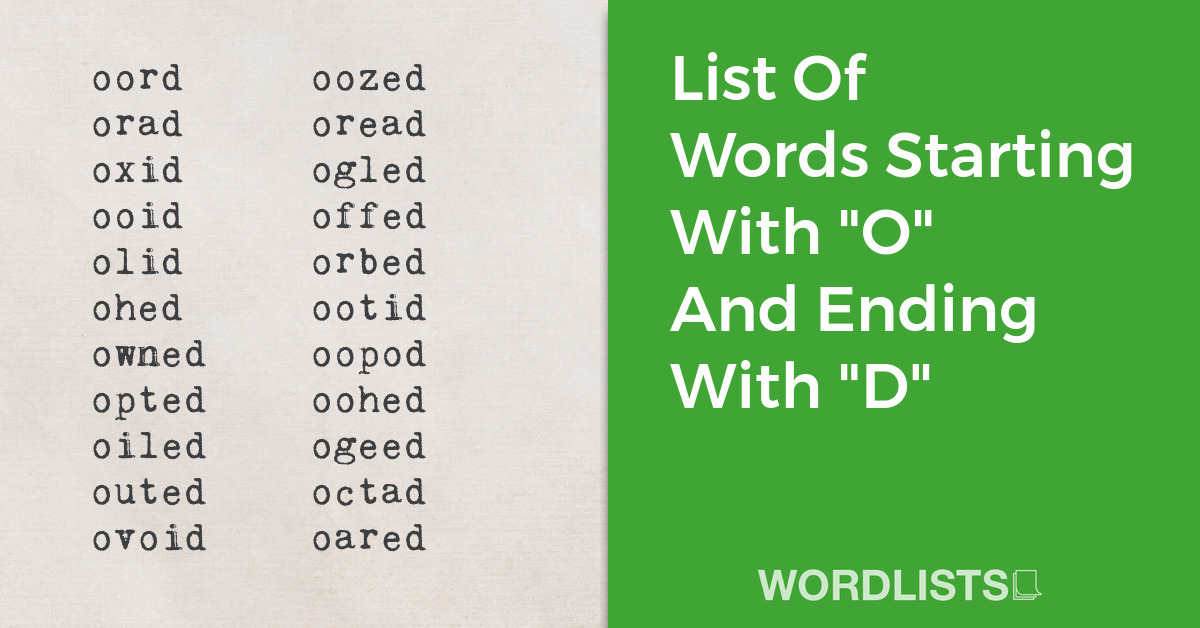Education is the foundation of personal and societal growth and development. From primary school to higher education, learning new things and gaining knowledge is an essential parts of life. There are many words associated with education that help us describe and understand the process of learning and teaching.
From terms for different types of educational institutions and methods to words that describe the process of gaining knowledge, this list of 50 words will give you a greater appreciation for the importance of education.

Subscribe to our mailing list to receive FREE exclusive content and offers!
50 Words Associated With Education Meanings
Education: The process of receiving or giving systematic instruction, typically at a school or university. It’s an enlightening experience that aims to develop knowledge, skill, and character.
Instructor: A person who teaches something. Instructors might teach in a school, in a program outside of school, or as part of a company’s training program.
Lesson: An amount of instruction or learning on a particular subject given by a teacher or instructor, often as part of a planned curriculum.
Classroom: A room in which teaching or learning activities can take place. It usually refers to a room in schools, colleges, or universities where groups of students learn together.
Curriculum: The subjects comprising a course of study in a school or college. It’s a planned set of lessons or courses that covers particular subjects or skills.
School: An institution for educating children or a place where people go to learn a particular subject or skill.
Student: A person who is studying at a school, college, or university. A student can also be someone studying in order to enter a particular profession.
Knowledge: The understanding and awareness of facts, information, descriptions, or skills, which is acquired through experience or education by perceiving, discovering, or learning.
Learning: The acquisition of knowledge or skills through study, experience, or being taught. It’s an ongoing process that continues throughout a person’s life.
Teach: To impart knowledge, or to instruct someone as to how to do something. It involves conveying information or skills to others.
Teacher: A person who imparts knowledge or skills to students in a learning environment. Teachers play a crucial role in shaping the minds of the next generation.
Tutor: A private teacher who gives additional, special, or remedial instruction to an individual or small group of students.
Mentor: A person who guides a less experienced person by building trust and modeling positive behaviors. In an educational context, mentors often provide emotional support and act as role models.
Academic: Pertaining to education and scholarship, or the scholarly activities of a school or university, as classroom studies or research projects.
Discipline: A branch of knowledge, typically one studied in higher education. It also refers to the practice of training people to obey rules or a code of behavior.
Assignment: A task or piece of work assigned to a student as part of a course of study. Assignments are designed to aid in the learning process.
Test: An examination of a student’s knowledge or proficiency. Tests are often written but can be of any form and are used to measure competency in a subject area.
Exam: An official test of a person’s knowledge or ability in a particular subject. An exam is more formal and usually longer than a test.
Homework: Schoolwork that a student is required to do at home, typically assigned by a teacher to reinforce the day’s lessons.
Grades: Marks or points, typically letters (A, B, C, etc.) or percentages, assigned to students to indicate their level of performance in a course, exam, or assignment.
Evaluation: A systematic determination of a subject’s merit, worth and significance, using criteria governed by a set of standards. In education, evaluations are often used to measure students’ understanding and skills.
Feedback: Information about reactions or responses to a product, a person’s performance of a task, or academic work, which is used as a basis for improvement.
Knowledge transfer: The process of transferring knowledge from one part of an organization or group to another, or between individuals. In education, this is the process of teaching, where a teacher transfers their knowledge to students.
Skill acquisition: The process of learning and acquiring new skills. This often involves hands-on practice and learning from mistakes.
Lesson plan: A detailed guide for teaching a lesson. A lesson plan sets out what students need to learn, how it will be taught, and how learning will be assessed.
Curriculum design: The planning and organization of how content will be delivered in an educational program. Curriculum design involves selecting and organizing themes, topics, and materials for a particular course or subject.
Instructional strategies: Methods that teachers use to help students become independent, strategic learners. These can be anything from direct instruction to cooperative learning and inquiry-based learning.
Classroom management: The process of ensuring that classroom lessons run smoothly without disruptive behavior by students. It involves creating a positive classroom culture and minimizing behaviors that impede learning.
Assessment: The process of documenting, usually in measurable terms, knowledge, skills, attitudes, and beliefs. It’s used in education to track student progress, understand learning needs, and inform instruction.
Grading: The process of evaluating a student’s performance in a course or on an assignment, often expressed in letters (A, B, C, etc.) or as a percentage.
Tutoring: The act of teaching or instructing one-on-one or in a small group setting. Tutoring often involves providing individualized instruction to help students improve their understanding or skills in a specific subject area.
Mentorship: A relationship in which a more experienced or more knowledgeable person helps guide a less experienced or less knowledgeable person. In an educational context, mentorship often involves providing emotional and academic support to students.
Professional development: Learning opportunities that help educators improve their knowledge and skills, so they can maintain their professional competence and continue to teach effectively.
In-service training: Training that is given to employees during the course of employment. For teachers, this might include training on new teaching strategies or technologies, curriculum changes, or new educational research.
Workshop: An educational program or seminar where participants carry out a number of practical activities, rather than just listening to lectures. Workshops are often hands-on and interactive.
Conference: A formal meeting where participants exchange views on various topics. In education, conferences might focus on teaching strategies, research findings, or trends in education.
Seminar: A type of academic instruction, either at an academic institution or offered by a commercial or professional organization. It has the function of bringing together small groups for recurring meetings, focusing each time on some particular subject.
Lecture: An educational talk to an audience, especially one given by a teacher in a classroom. A lecture often includes opportunities for audience members to ask questions or discuss the topic.
Presentation: An act of showing and explaining content to an audience or learner. In education, students or teachers might give presentations to demonstrate understanding or share information.
Demonstration: The act of showing by reason or proof, explaining, or making clear by the use of examples or experiments. Teachers often use demonstrations to show a new skill or concept.
Discussion: An interactive conversation or debate about a specific topic. Discussions are often used in the classroom to encourage critical thinking and to check for understanding.
Inquiry: The act of asking for information. Inquiry-based learning involves students forming questions and investigating to find answers.
Debate: A formal discussion on a particular topic, in which opposing arguments are put forward. Debates can be an engaging way for students to learn about different perspectives.
Case study: A research method involving an up-close, in-depth, and detailed examination of a particular case. In education, case studies might be used to study educational phenomena in real-world contexts.
Role play: An instructional method where students act out roles in a particular scenario. Role-playing can be a powerful way to explore complex concepts or situations.
Simulation: An imitation of a situation or process. In education, simulations are often used to create a life-like experience under controlled conditions.
Project-based learning: A teaching method in which students learn by actively engaging in real-world and personally meaningful projects.
Experiential learning: A learning theory that emphasizes the importance of creating an environment that simulates real experiences for learners.
Collaborative learning: An educational approach that involves groups of learners working together to solve a problem, complete a task, or create a product.
Differentiated instruction: A teaching philosophy based on the premise that instructors should adapt instruction to student differences. It involves modifying the content, teaching process, and product according to student readiness level, interest, and learning profile.







